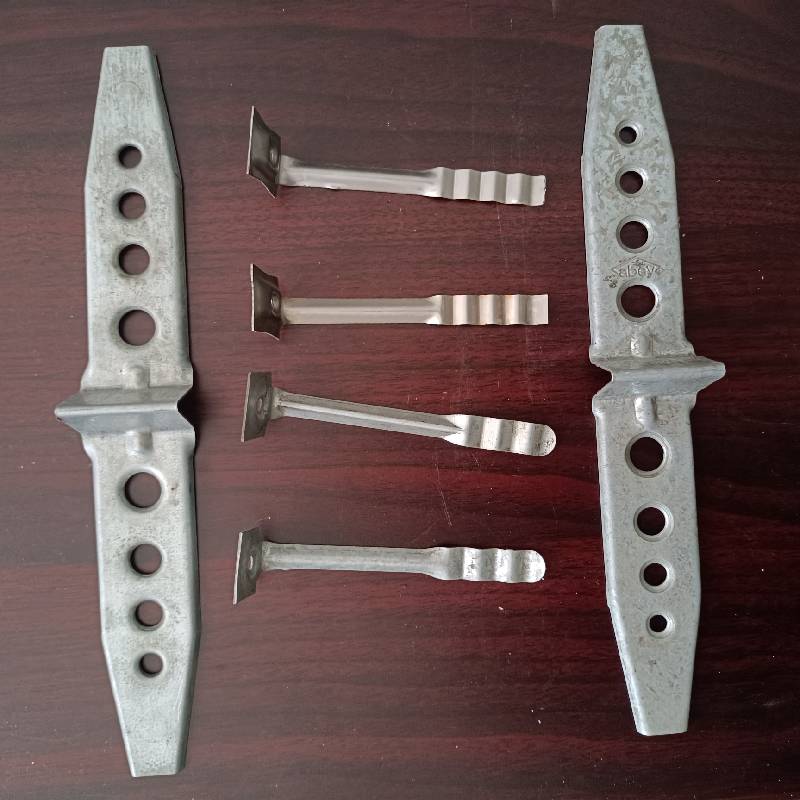
- Mobile Phone
- +8613931874955
- sales@cntcmetal.com
Durable Metal Chicken Wire Fencing for Effective Poultry Management and Safety Solutions
The Versatility and Durability of Metal Chicken Wire Fences
When it comes to maintaining a homestead or a farm, one of the most essential components is an effective fencing system. Farmers and pet owners often seek options that provide security while also being practical. Among the range of fencing materials available, metal chicken wire stands out as a versatile and durable solution, ideal for various applications beyond the classic chicken coop.
Understanding Metal Chicken Wire Fencing
Metal chicken wire, often made from galvanized steel, is a type of fencing characterized by its hexagonal mesh pattern. This design allows for excellent visibility and airflow while preventing chickens and other small animals from escaping. Although its primary use has been for enclosures for poultry, its durability and flexibility have made it popular for a variety of other purposes.
Benefits of Metal Chicken Wire Fences
1. Durability One of the most significant advantages of metal chicken wire is its longevity. Unlike traditional wooden fences that may succumb to rot or insect damage, metal wire fences can withstand harsh weather conditions, making them a reliable choice for any climate. Their galvanized coating also prevents rust and corrosion, ensuring that they remain sturdy for years.
2. Cost-Effective For those on a budget, metal chicken wire serves as an economical choice for fencing. Its affordability in comparison to other fencing materials allows homeowners and farmers to cover larger areas without breaking the bank. Additionally, the low maintenance requirements of metal fences can lead to savings over time.
3. Versatile Applications While metal chicken wire is predominantly used in poultry farming, its applications extend far beyond. It can be employed to secure gardens against rabbits and other pests, create enclosures for small animals like dogs and cats, or even serve as fencing for larger livestock when combined with posts and barbed wire. The creativity in its usage continues to evolve, with homeowners incorporating it into landscaping features and decorative elements.
metal chicken wire fence

4. Easy Installation The lightweight nature of chicken wire makes it easier to handle and install than heavier fencing materials. Homeowners can often manage installations on their own, reducing the need for professional help. Additionally, metal chicken wire can be cut to fit any configuration, making it adaptable to different terrains and landscaping features.
5. Eco-Friendly Many people are becoming increasingly conscious of the environmental impact of their choices. Metal chicken wire is an excellent choice for eco-friendly fencing because it is often made from recycled materials and is fully recyclable itself once it reaches the end of its lifespan. This can contribute to a more sustainable approach to farming and housing.
Challenges and Considerations
Despite its many advantages, there are a few considerations to keep in mind before installing metal chicken wire fencing. For instance, it may not be suitable for containing larger or more aggressive animals, as they can easily break through, bend, or dig under the wire. For those requiring secure fencing for larger livestock, a combination of chicken wire and stronger materials may be more effective.
Additionally, while metal chicken wire offers excellent visibility, it may not provide the same level of privacy as solid fencing materials. Those seeking seclusion may need to consider planting shrubs or vines alongside the fence to create a natural barrier.
Conclusion
In summary, metal chicken wire fences are a reliable, cost-effective, and environmentally friendly solution for various fencing needs. Whether you are a homeowner looking to establish a secure garden, a farmer needing a durable poultry enclosure, or even an enthusiast interested in creative landscaping projects, metal chicken wire offers versatility unlike any other fencing material. Its ease of installation and long-lasting durability make it an appealing choice for anyone looking to enhance their property while ensuring safety and functionality. As more individuals turn to sustainable practices in their living environments, the popularity of this classic fencing option will likely continue to rise.
share:
-
Understanding Wall Ties: Types and ImportanceNewsApr.28,2025
-
Top Products for Your Yard and Signage NeedsNewsApr.28,2025
-
The World of SpringsNewsApr.28,2025
-
Masonry Accessories: Essential for Building Strong FoundationsNewsApr.28,2025
-
Fencing Solutions for Every NeedNewsApr.28,2025
-
A Comprehensive Guide to Iron Wire for Your Construction NeedsNewsApr.28,2025
-
The Versatility of Wire Tension SpringsNewsApr.16,2025



















